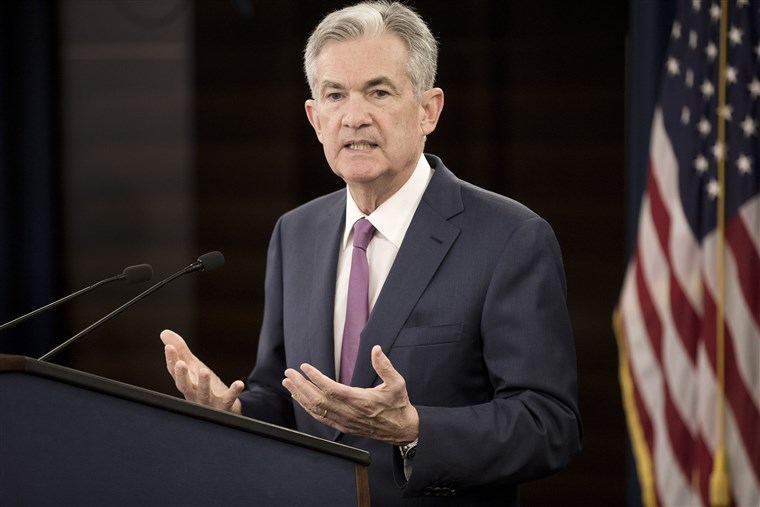Federal Reserve: Rising Risks for Recession in 2019?
In the last few months, the financial markets have experienced rising volatility. This activity has left many consumers on edge and wondering about the best ways to protect their assets. Recent commentaries from the Federal Reserve have also highlighted a growing possibility that the U.S. economy will experience recessionary conditions as early as next year.
Not surprisingly, this has already ignited speculation amongst some analysts that the current environment could be causing another financial collapse similar to what was seen during the 2008 financial crisis.
Of course, much of this speculation is still premature as growth numbers throughout the U.S. remain robust and consumer spending levels are firmly above those which characterized the periods following the credit crunch a decade ago. But there are still factors which households and individual consumers should consider when making plans for investment or spending money as part of a daily routine.
Effects of Interest Rates and Rising Consumer Costs
In all of the chatter (which has drawn similarities between the financial environment of 2008 and the financial environment of 2018), many people have neglected the ways higher interest rates could impact economic growth —at both the micro and macro levels.
But this might turn out to the most critical factor which has changed the market this year. The prospect of higher interest rates can have a major impact on the economics of the stock market and this type of activity has already cost investors a great deal of money with respect to this year’s investment returns.
Additionally, higher interest rates can make large purchases more expensive for households. For example, mortgage lending rates have risen to their highest levels in years and similar trends can be seen in the costs associated with the ability to buy a new automobile.
For those that are able to buy a home or a car outright, these types of scenarios have limited impact on spending practices. But the majority of households and consumers do not fall into this category and this means that an environment of rising interest rates will have a very real impact on the financial health of most people.
U.S. Economics: Focusing on What Matters
For all of these reasons, it is important for us to focus on what matters and it is never a good idea to dismiss the underlying trends which are being developed by the Federal Reserve. These are concepts which might seem to be abstract and esoteric. But this could not be further from the truth, as steadily rising interest rates have a very real impact on the ways we structure our long-term purchases.
Since the continued prospects of higher interest rates make large purchases more expensive, it might make sense to complete some of these purchases before the rate cycle reaches its maximum peak. So, for example, if a family is considering putting off the purchase of a new home until next year, it might actually make more sense to
Stock Markets: Long Term Economic Trends
In the long run, these types of decision planning practices can have a substantial impact on the monthly payment and total costs which are required of us. Most financial decisions which are made quickly and impatiently tend to cost more over the long-term, and when we make too many of these decisions it is all too common to see the final outcome rest in bankruptcy.
This is why macroeconomic changes matter and the daily fluctuations in the financial news headlines usually do not matter (at least, not as much). With this in mind, consumers can probably look past the speculation that a financial collapse is around the corner. But this does not imply the economy “without risk” is an accurate depiction of the current landscape.
